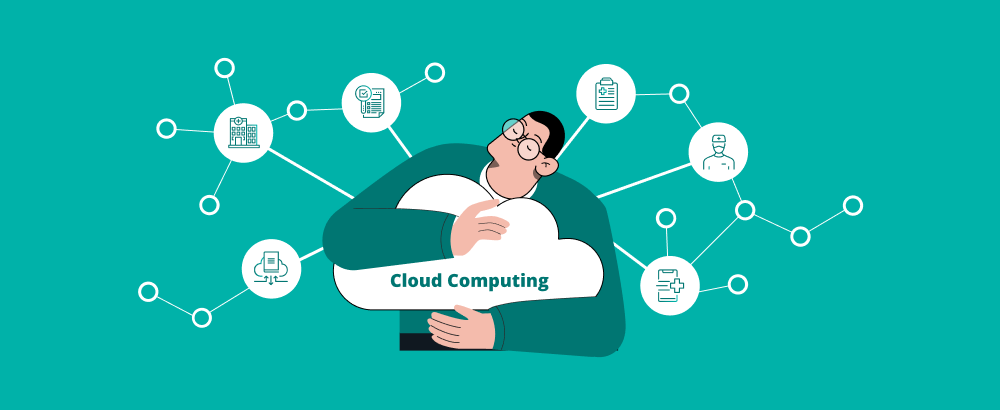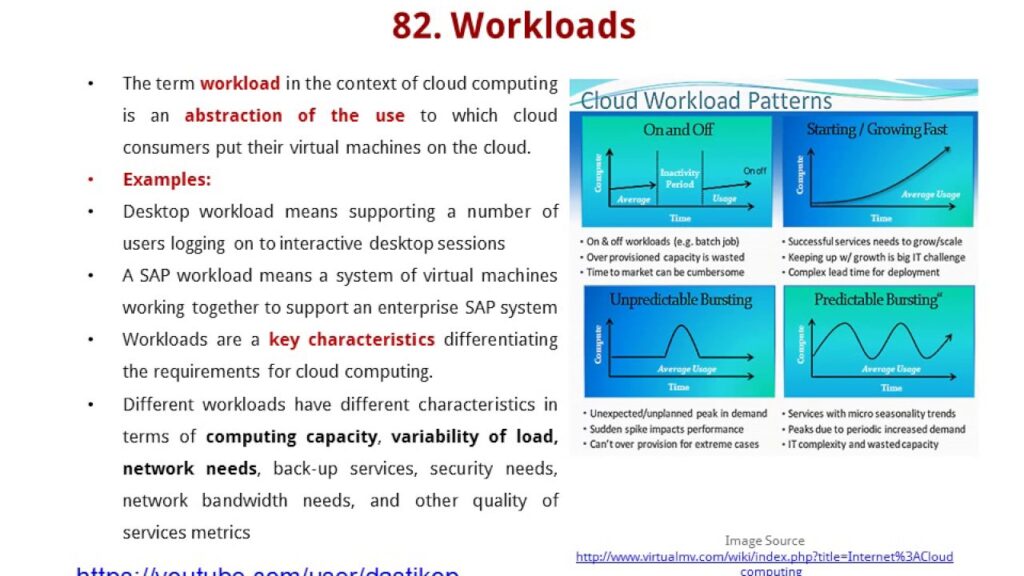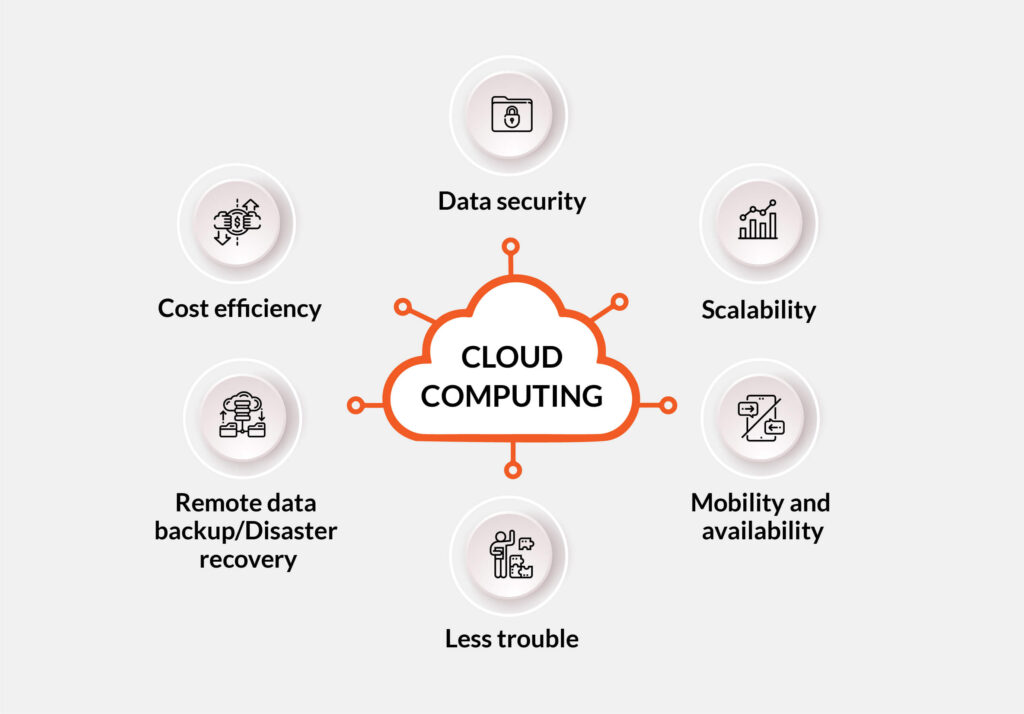Cloud computing is a term that has gained a lot of attention in recent years. It refers to the practice of using remote servers hosted on the internet to store, manage, and process data. This technology has revolutionized the way businesses operate, and its benefits have extended to the healthcare industry as well. But what is cloud computing in healthcare, and how has it impacted the industry?
Cloud computing in healthcare refers to the use of cloud-based technologies to store, manage, and analyze medical data. This technology has enabled healthcare organizations to improve patient care, increase efficiency, and reduce costs. With cloud computing, healthcare providers can access patient data from anywhere at any time, share medical records with other providers, and collaborate on treatment plans. Additionally, cloud computing has enabled the development of telemedicine, which allows patients to receive medical advice and treatment remotely.
What is Cloud Computing in Healthcare?
Cloud computing in healthcare is the use of cloud computing technologies to store and access electronic medical records (EMR) and other healthcare data. Cloud computing allows healthcare organizations to securely store and access their data from anywhere, at any time. The cloud has the potential to revolutionize the way healthcare organizations manage their data, enabling them to keep up with the ever-changing healthcare landscape.
Benefits of Cloud Computing in Healthcare
The use of cloud computing in healthcare offers a number of benefits. First, it provides healthcare organizations with the ability to store and access their data securely and efficiently. Additionally, it allows healthcare organizations to easily share data with other healthcare providers and patients, enabling more effective communication and collaboration. Finally, cloud computing allows healthcare organizations to scale quickly and cost-effectively, enabling them to better meet the needs of their patients.
Cloud computing in healthcare also enables healthcare organizations to take advantage of emerging technologies such as artificial intelligence, machine learning, and data analytics. This can help healthcare organizations make more informed decisions about patient care, as well as improve their overall operations. Additionally, cloud computing can help healthcare organizations reduce costs by eliminating the need for expensive hardware and software.
Challenges of Cloud Computing in Healthcare
Despite the numerous benefits of cloud computing in healthcare, there are some challenges that healthcare organizations must consider. First, cloud computing requires organizations to have a secure and reliable internet connection. Additionally, healthcare organizations must ensure that their data is secure and protected from unauthorized access. Finally, healthcare organizations must ensure that their data is compliant with all applicable laws and regulations.
Additionally, cloud computing in healthcare may require organizations to invest in additional hardware and software, as well as additional staff to manage the system. Finally, there is the potential for data breaches, as healthcare organizations must ensure that their data is secure from unauthorized access. As such, healthcare organizations must ensure that they have the necessary security measures in place to protect their data.
Frequently Asked Questions
Cloud computing in healthcare is the use of cloud-based technologies to bring greater efficiency, scalability, and cost savings to the healthcare industry. It is a way for healthcare providers, payers, and other stakeholders to access and store data, applications, and services over the internet.
What is cloud computing?
Cloud computing is the delivery of computing services over the internet. It is a way for businesses to access and store data, applications, and services on remote servers hosted on the internet, instead of on local computers and servers. This is done by leasing space on a remote server, or paying a service provider to manage the data and applications on their behalf. Cloud computing offers organizations a number of benefits, such as scalability, cost savings, and ease of use.
What are the benefits of cloud computing in healthcare?
Cloud computing in healthcare offers a number of benefits, such as scalability, cost savings, and ease of use. By leveraging cloud computing, healthcare providers can access applications and data from anywhere in the world, allowing them to scale up or down as needed. Additionally, cloud computing can reduce costs, as there is no need to purchase and maintain expensive hardware and software. Furthermore, cloud computing services are generally easy to use and can be quickly deployed.
How does cloud computing help healthcare providers?
Cloud computing helps healthcare providers by providing access to applications and data from anywhere in the world. This enables them to provide better, more efficient care as they can access patient records and other information quickly and easily. Cloud computing also helps reduce costs, as there is no need to purchase and maintain expensive hardware and software. Furthermore, cloud computing services are generally easy to use and can be quickly deployed.
What types of services can healthcare providers access on the cloud?
Healthcare providers can access a wide variety of services on the cloud, such as medical records management, medical imaging, telemedicine, analytics, and patient engagement. Additionally, cloud computing can be used to develop and deploy new healthcare applications and services, such as artificial intelligence (AI) and machine learning (ML) applications.
How secure is cloud computing in healthcare?
Cloud computing in healthcare is highly secure, as cloud service providers adhere to strict security protocols and have robust security measures in place. This includes encryption of data, use of secure firewalls, and use of multi-factor authentication. Additionally, cloud service providers are subject to various regulations that ensure the security of the data they store, such as the Health Insurance Portability and Accountability Act (HIPAA).

In conclusion, cloud computing has revolutionized the healthcare industry by providing a secure and efficient platform for data storage, sharing, and analysis. With the growing need for remote healthcare services and the increasing amount of patient data, cloud computing has become an essential tool for healthcare providers worldwide. By using cloud-based solutions, healthcare organizations can streamline their processes, reduce costs, and improve patient outcomes.
As we move forward, it is evident that cloud computing will continue to play a vital role in the healthcare industry, providing innovative solutions to complex problems. Its ability to store and analyze vast amounts of data, along with its flexibility and scalability, make it an ideal platform for healthcare providers. As technology continues to evolve, we can expect to see even more exciting developments in the field of cloud computing in healthcare, ultimately leading to improved patient care and better health outcomes for all.




